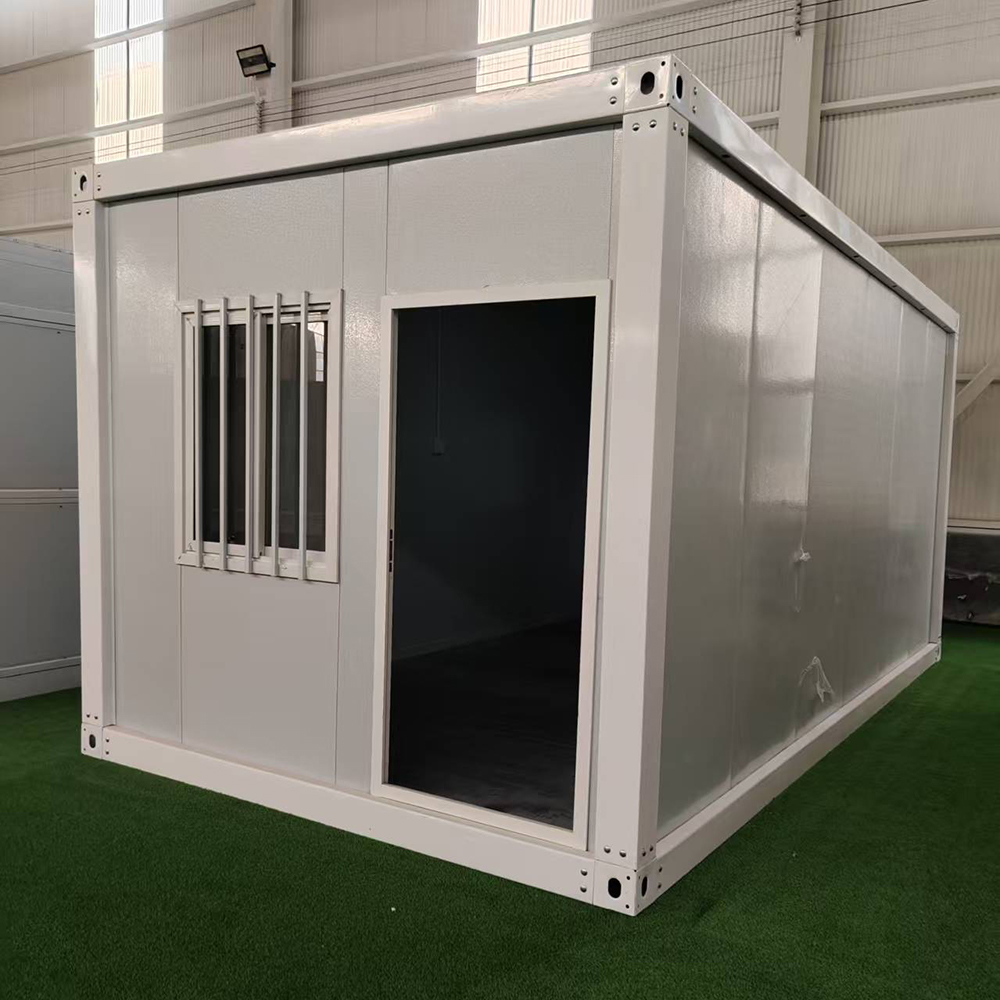-
E-mail
Austin120521@outlook.com -
E-mail
sales@jujiuhouse.com -
Telephone
+86-17864099991 -
Telephone
+86-17854044442
- Chinese
- French
- German
- Portuguese
- Spanish
- Russian
- Japanese
- Korean
- Arabic
- Irish
- Greek
- Turkish
- Italian
- Danish
- Romanian
- Indonesian
- Czech
- Afrikaans
- Swedish
- Polish
- Basque
- Catalan
- Esperanto
- Hindi
- Lao
- Albanian
- Amharic
- Armenian
- Azerbaijani
- Belarusian
- Bengali
- Bosnian
- Bulgarian
- Cebuano
- Chichewa
- Corsican
- Croatian
- Dutch
- Estonian
- Filipino
- Finnish
- Frisian
- Galician
- Georgian
- Gujarati
- Haitian
- Hausa
- Hawaiian
- Hebrew
- Hmong
- Hungarian
- Icelandic
- Igbo
- Javanese
- Kannada
- Kazakh
- Khmer
- Kurdish
- Kyrgyz
- Latin
- Latvian
- Lithuanian
- Luxembou..
- Macedonian
- Malagasy
- Malay
- Malayalam
- Maltese
- Maori
- Marathi
- Mongolian
- Burmese
- Nepali
- Norwegian
- Pashto
- Persian
- Punjabi
- Serbian
- Sesotho
- Sinhala
- Slovak
- Slovenian
- Somali
- Samoan
- Scots Gaelic
- Shona
- Sindhi
- Sundanese
- Swahili
- Tajik
- Tamil
- Telugu
- Thai
- Ukrainian
- Urdu
- Uzbek
- Vietnamese
- Welsh
- Xhosa
- Yiddish
- Yoruba
- Zulu
- Kinyarwanda
- Tatar
- Oriya
- Turkmen
- Uyghur

Buy prefab fold out container homes
The Practical Side of Buying Prefab Fold Out Container Homes
Exploring the realm of prefab fold out container homes often unveils a host of misconceptions. People typically have the idea that these homes are a simple plug-and-play solution for housing. However, the reality is far more nuanced, requiring a keen understanding of both market offerings and logistical considerations. This guide seeks to clarify those aspects through real insights and lessons learned.
Understanding the Basics
When considering buying a prefab fold out container home, it's crucial to start by grasping what prefab genuinely entails. Shandong Jujiu Integrated Housing Co., Ltd., a notable player in the integrated housing industry, provides a comprehensive approach by engaging in the research and optimization of such housing solutions. Their diverse offerings, available at Jujiu House, reflect the complexity and innovation behind these structures.
Prefab homes aren't just about quick assembly. They incorporate design elements that cater to durability, environmental impact, and efficiency. Not every solution on the market will meet your specific needs, so discerning these elements is crucial. For instance, focus on the materials used and how they withstand your local climate. This concrete approach makes a significant difference in the long run.
Probably the most overlooked aspect is the logistics of transportation and installation. Despite their fold-out nature, these containers need careful handling. The first time we faced logistical challenges was moving a unit into a confined urban environment. The process required precise coordination between cranes and transport trucks, something not every buyer anticipates.
Customization and Design Flexibility
One point to relish about these homes is the flexibility in customization. Prefab units, much like those curated by Shandong Jujiu, offer a palette of options from the get-go. This allows you to tailor interiors and layouts according to personal taste. But remember, this flexibility requires upfront planning.
An experience I recall vividly is a project for a young couple wanting to integrate solar panels within their container home structure. By collaborating early with the design team at Jujiu, adjustments were made to the roof angle for optimal solar exposure. It was a testament to the value of early engagement with your supplier.
However, don't expect overnight transformations. Building and personalizing a prefab home is sequential and requires patience. Ironing out the details during the design phase will save time during construction and reduce surprises.
Real-World Challenges Encountered
Embarking on a prefab project isn't without its challenges. Regulatory hurdles can often complicate matters. Zoning laws, building codes, and inspection requirements vary widely depending on the location. Merely purchasing a fold-out container home does not equate to instant legal habitation.
I once encountered an unexpected delay due to a local ordinance that restricted the type of foundation that could be used. This resulted in redesigning an anchoring system, costing critical time and funds. To avoid such setbacks, thorough initial investigations and obtaining necessary permits well in advance are advised.
Moreover, the connection of utilities can pose surprise expenditures. You must consider and inquire about how easily the container home can be connected to water, electricity, and sewage systems. Stumbling blocks here can sometimes be mitigated by consulting experienced contractors early in the process.
Economical and Environmental Impacts
The cost-effectiveness of prefab fold-out container homes is frequently debated. While they are generally more affordable than traditional homes, potential buyers must weigh initial costs against longer-term savings on energy and maintenance.
Homes designed with sustainable practices—like those from firms excelling in steel structure engineering—can significantly reduce environmental footprints. Jujiu's light steel villas, for example, showcase how innovative design merges with ecological consciousness. However, the price can fluctuate based on customization levels, so mindful budgeting is wise.
Besides personal saving, integrating energy-efficient appliances and materials ultimately contributes to larger environmental goals. This aspect cannot be overstated – informed decisions here have a lasting societal impact.
Conclusion: Making an Informed Purchase
Conclusively, embarking on purchasing a prefab fold-out container home journey involves a mixture of creativity, preparation, and active collaboration with providers like Shandong Jujiu Integrated Housing Co., Ltd. Understanding the intricacies from design to installation, and regulation to sustainable practice, forms the backbone of a rewarding investment experience.
Take your time to study market offerings, engage deeply with suppliers like Jujiu House, and prepare meticulously for all phases of the installation process. By doing so, you set the foundation for enjoying a unique and fulfilling living space aligned with modern housing innovations.
Related products
Related products
Best selling products
Best selling products-
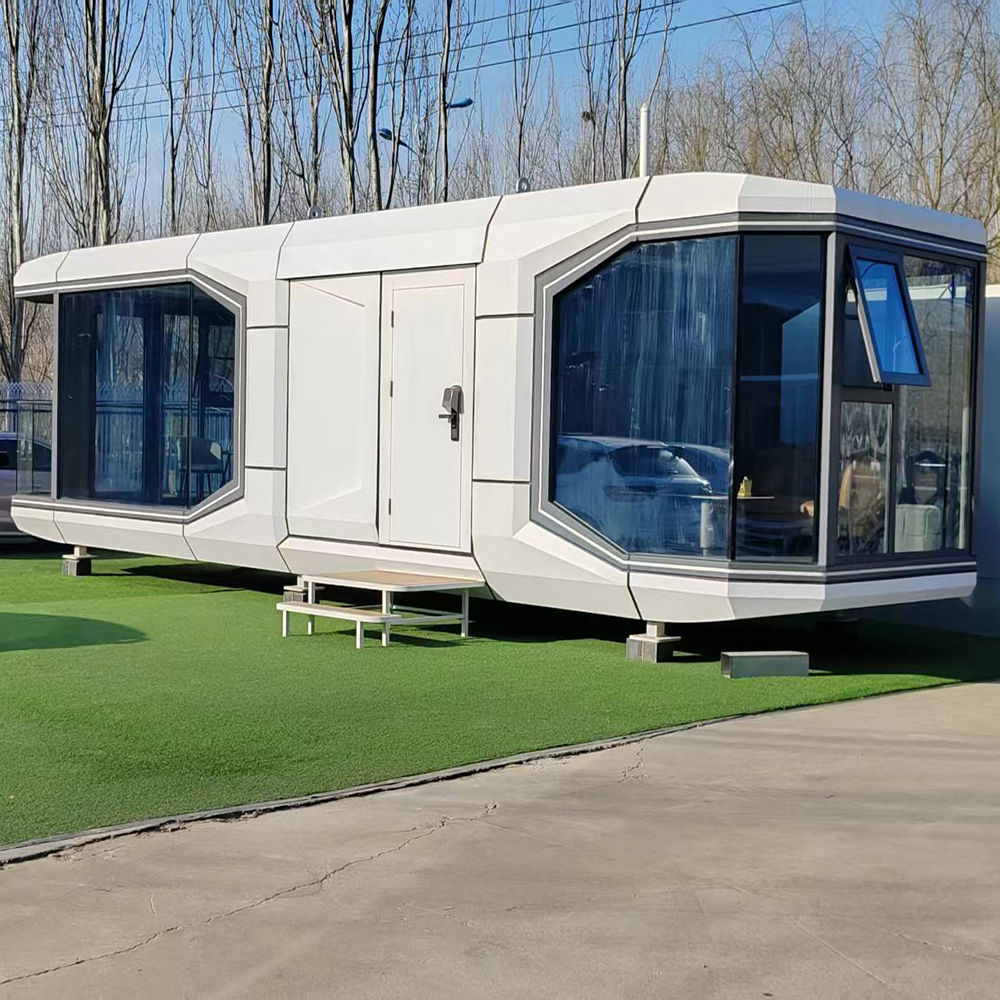 Luxury High Quality 2 Bedroom Container Home Prefabricated Steel Space Capsule for Office Shop Hotel or Outdoor House
Luxury High Quality 2 Bedroom Container Home Prefabricated Steel Space Capsule for Office Shop Hotel or Outdoor House -
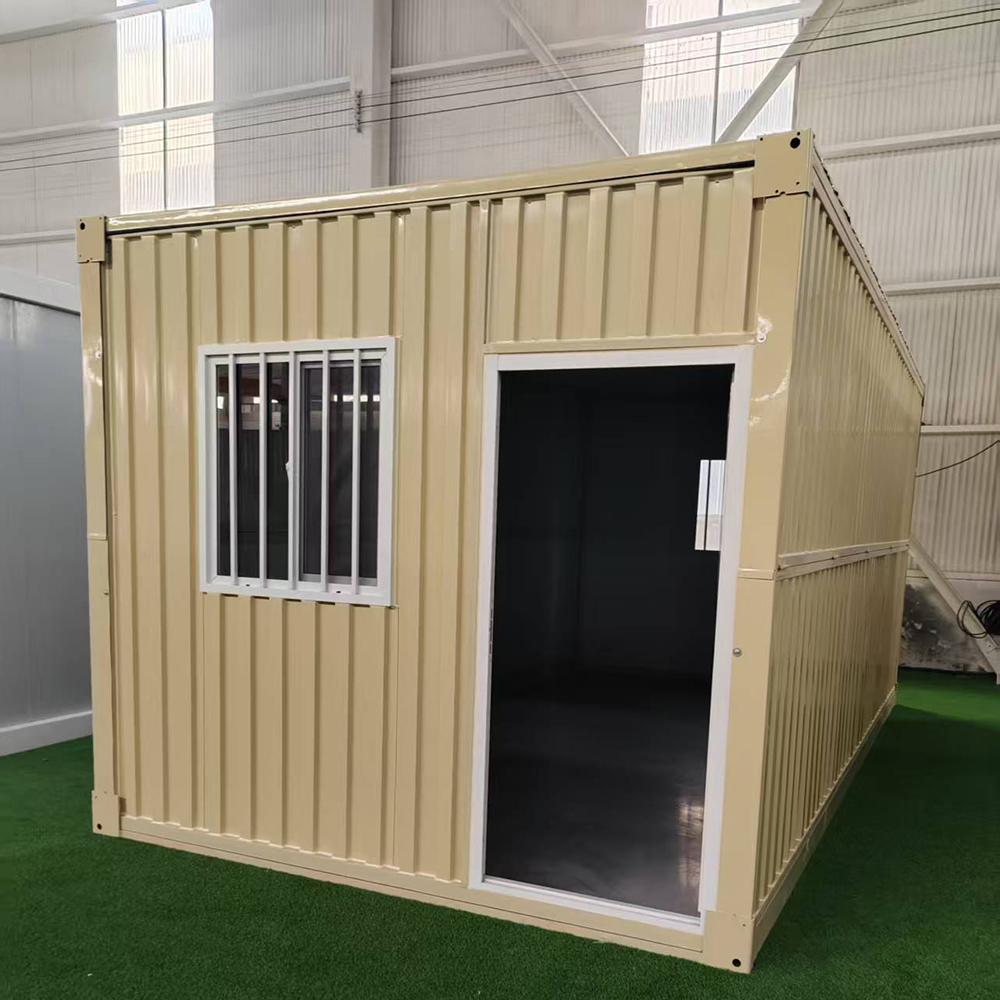 Competitive Price Portable Container House Foldable Container Mobile Living Modular Homes
Competitive Price Portable Container House Foldable Container Mobile Living Modular Homes -
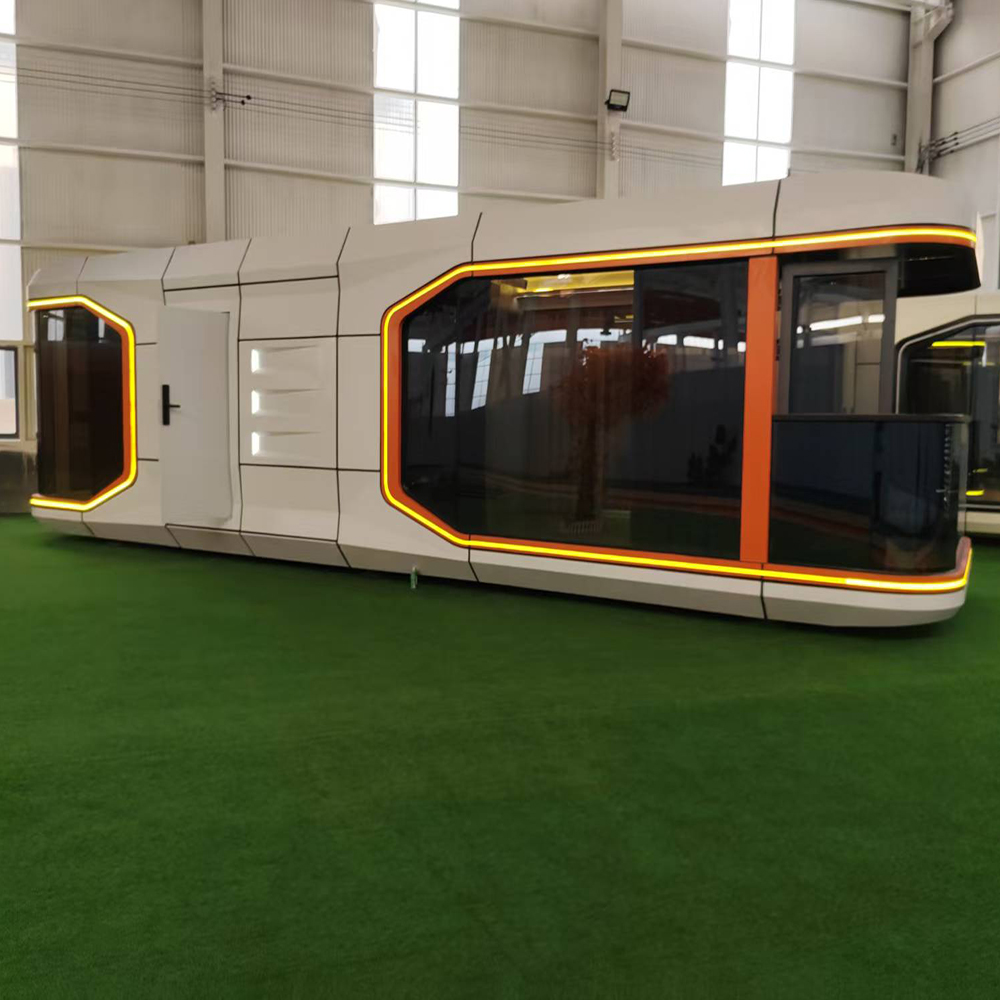 Standard Modern Camping Pod Space Prefabricated Portable Mobile Capsule Room Hotel Bathroom Prefabricated Spaceship House
Standard Modern Camping Pod Space Prefabricated Portable Mobile Capsule Room Hotel Bathroom Prefabricated Spaceship House -
 Good Quality Modular Homes Prefabricated House Expandable Container House 20FT Mobile Flat Roof House
Good Quality Modular Homes Prefabricated House Expandable Container House 20FT Mobile Flat Roof House -
 Dual-Wing Folding Container House: Fast Assembly, Space-Saving & Multi-Scene Adaptable
Dual-Wing Folding Container House: Fast Assembly, Space-Saving & Multi-Scene Adaptable -
 A container house with a terrace and double-wing folding design, suitable for various purposes such as offices, meeting rooms, living rooms, etc.
A container house with a terrace and double-wing folding design, suitable for various purposes such as offices, meeting rooms, living rooms, etc. -
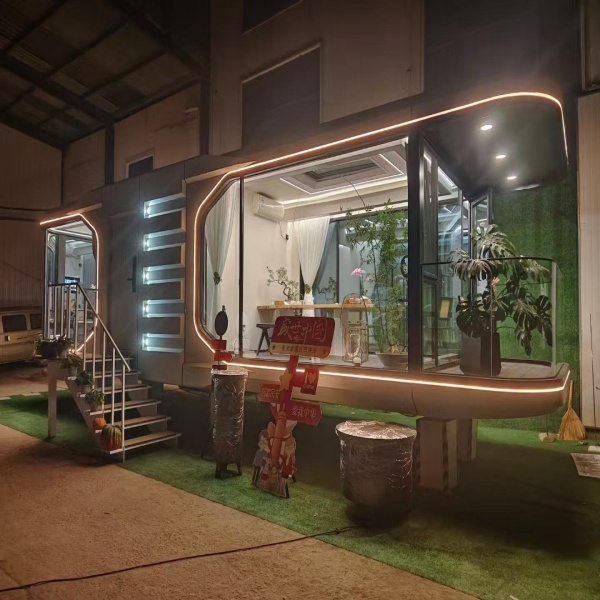 Outdoor ecological capsule rooms, luxury pods, space capsule hotel rooms, prefabricated space capsules, container houses
Outdoor ecological capsule rooms, luxury pods, space capsule hotel rooms, prefabricated space capsules, container houses -
 Easy Install Customized Detachable Container Homes Extendable House Prefab 2 Floors Expandable Container House
Easy Install Customized Detachable Container Homes Extendable House Prefab 2 Floors Expandable Container House -
 Luxury Foldable Two Story Container House for Glamping Resort and Villa Hotel
Luxury Foldable Two Story Container House for Glamping Resort and Villa Hotel -
 A container house with a terrace and double-wing folding design, suitable for various purposes such as offices, meeting rooms, living rooms, etc.
A container house with a terrace and double-wing folding design, suitable for various purposes such as offices, meeting rooms, living rooms, etc. -
 Factory Direct Sales Office Folding Container Luxury House Living Container House
Factory Direct Sales Office Folding Container Luxury House Living Container House -
 Detachable Design Prefabricated Container House Portable Modular Office Building Folding Container House
Detachable Design Prefabricated Container House Portable Modular Office Building Folding Container House













